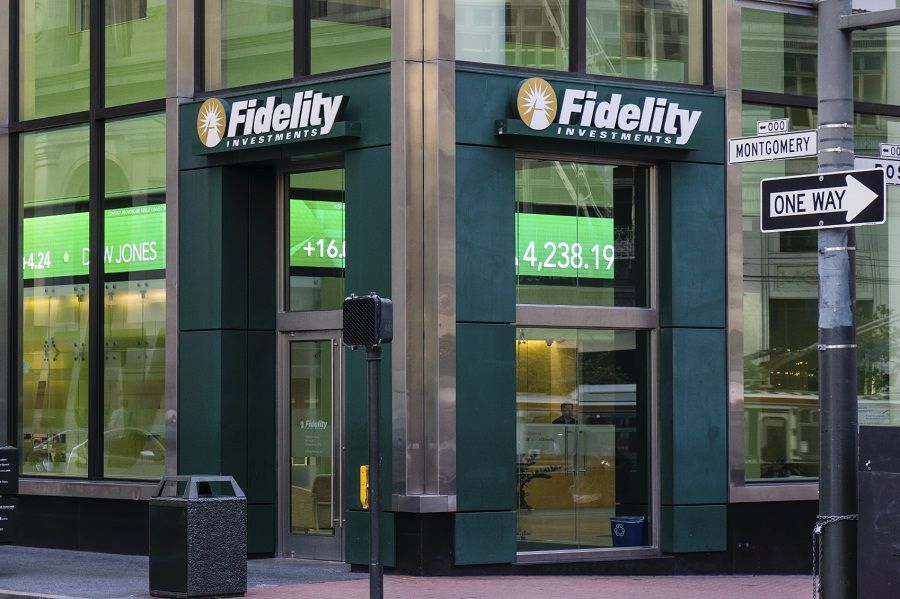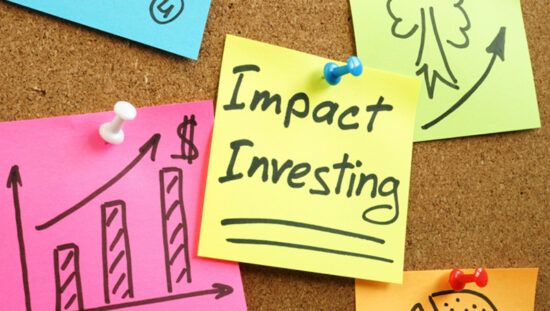The small ESG target-date market will soon have a new entrant, one of the biggest names in the US mutual fund and retirement business — Fidelity Investments.
On Friday, the company began positioning itself to compete in the sustainable target-date fund business, filing with the Securities and Exchange Commission for a new line of products, the Fidelity Sustainable Target Date series. The firm also filed initial prospectuses for four other sustainability-themed products — an emerging markets fund, a non-US developed markets fund, an investment-grade bond fund and a US market fund.
Those filings come on the same day Putnam Investments announced it had opened its Sustainable Retirement Funds, an existing series that recently received an ESG overhaul. And news of both lines of funds arrived just after the Department of Labor’s new rule governing the use of ESG in retirement plans took effect. That rule specifically allows plan sponsors to consider ESG factors and use sustainability-themed products as the default investments in 401(k)s.
Only a small slice of the 401(k) market includes sustainability-themed funds, and ESG target-date funds are exceedingly rare on plan menus. Plan sponsors have been wary for years about opting for them, in part due to wavering guidance from the DOL that changed with presidential administrations. But the rule — and the availability of ESG target-date funds from major providers — could help change that.
There appears to be demand from workers, with multiple surveys from fund groups indicating that plan participants would feel good about having their retirement savings invested sustainably and that in some cases it would make them feel better about their employers.
Currently, there are only a handful of players in the 40-Act ESG target-date market. Natixis was the first to launch a series, the line of Sustainable Future Funds, which is the only one with at least a five-year performance track record. The other incumbent was BlackRock’s LifePath ESG Index series, which launched in 2020.
Fidelity is the second-largest target-date mutual fund provider in the US, with $460bn in assets under management as of the end of 2021, according to data from Morningstar. The firm trails Vanguard, which had $1.2trn as of that time. Those figures don’t include assets in target-date collective investment trusts, which firms such as T. Rowe Price have seen customers move into from the mutual fund versions of their products.
Fidelity’s forthcoming ESG target-date line would invest at least 80% of its assets in securities and the company’s own index funds that pass certain sustainability criteria, along with other Fidelity funds that are invested in government debt securities that have favorable ESG characteristics, according to the prospectus filed with the SEC.
The company would evaluate ESG characteristics using its own research as well as third-party data.
The funds will be available in vintages ranging from 2010 to 2065, along with a retirement income fund. Net fees range from 41 basis points to 49 bps, varying by vintage. The portfolio managers are listed as Finola McGuire Foley and Bruno Weinberg Crocco.
Other funds
Along with the target-date series Fidelity is prepping, it indicated in the regulatory filings Friday that it is planning a Sustainable Investment Grade Bond Fund, Sustainable Emerging Markets Fund, Sustainable Non-US Developed Markets Fund and Sustainable US Market Fund. Those funds will only be available as underlying investments within other Fidelity funds as well as to 529 college savings plans Fidelity manages and within the company’s collective investment trusts.
The portfolio managers for the Sustainable Investment Grade Bond Fund will be Celso Munoz and Ford O’Neil.
The Sustainable Emerging Markets Fund, Sustainable Non-US Developed Markets Fund and Sustainable US Market Fund will be managed by Michael Robertson, Anna Lester, George Liu and Shashi Naik, according to the filings made with the SEC.
Fidelity declined to comment, with a spokesperson stating in an email that the filings are “preliminary registration statements, so it would be premature to talk about the funds at this time.”








